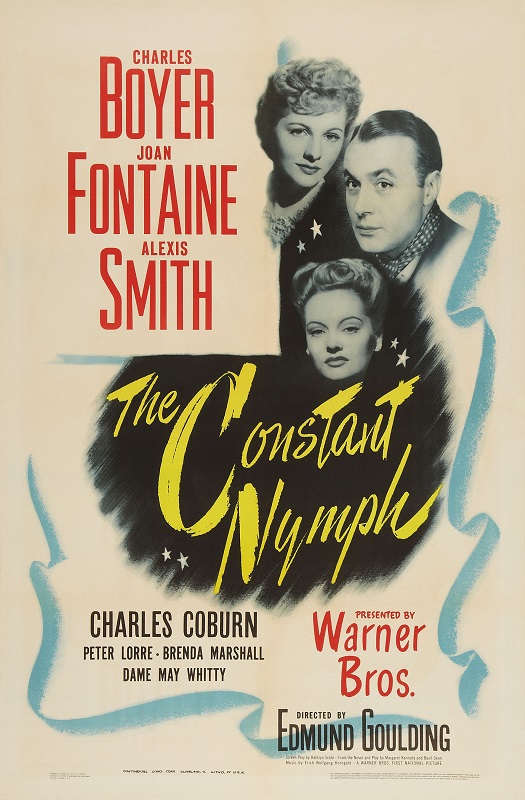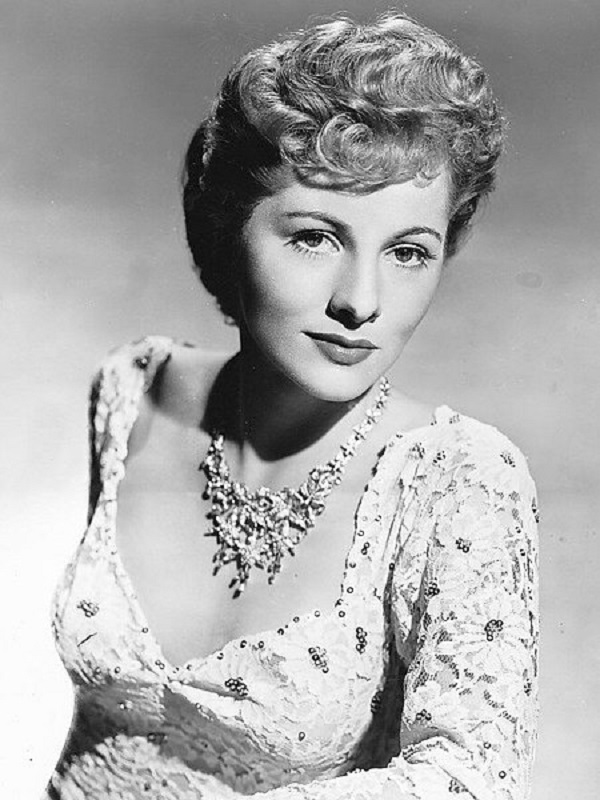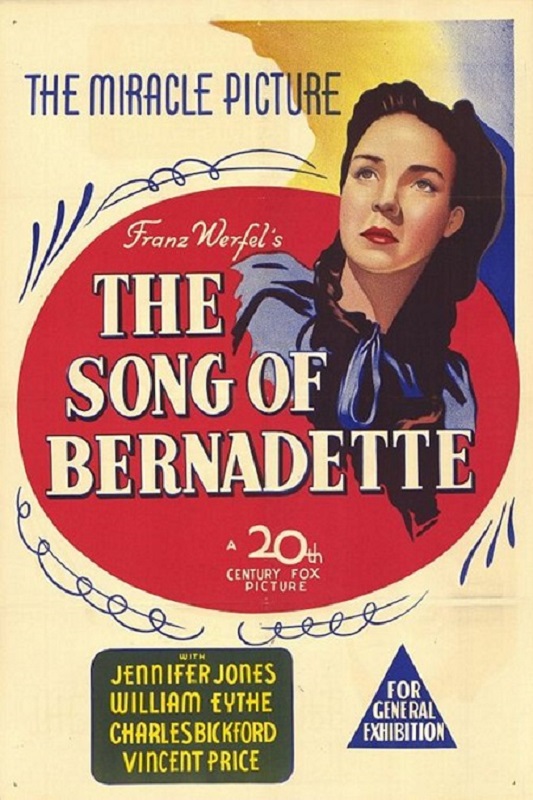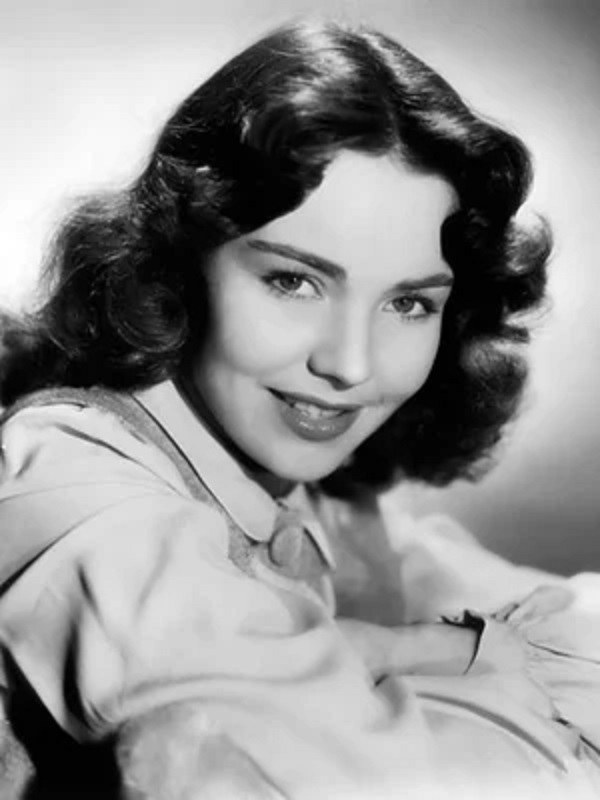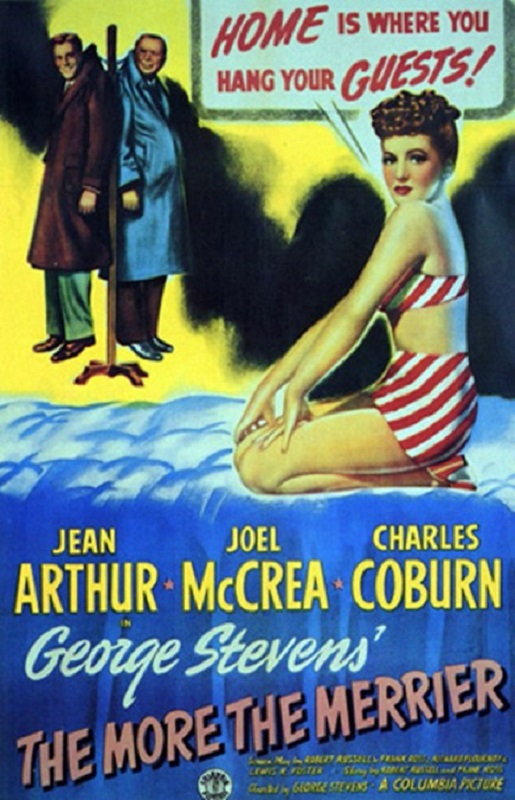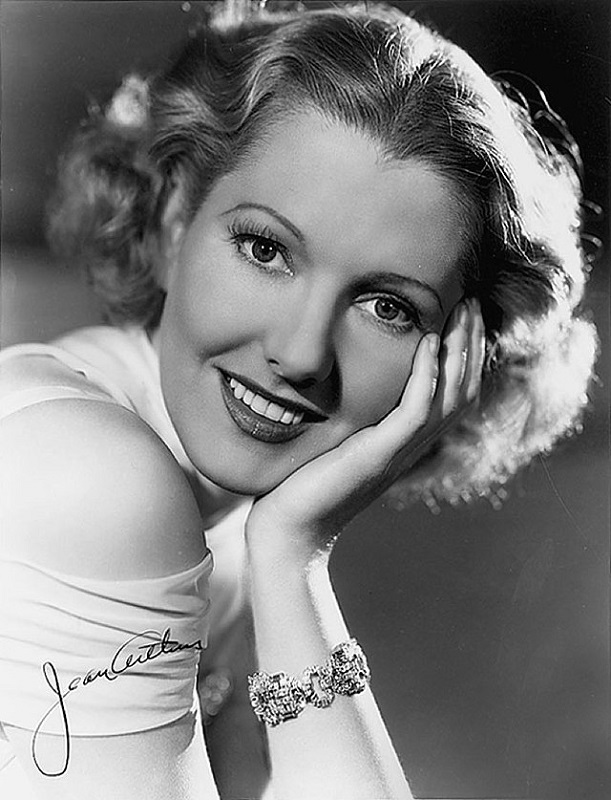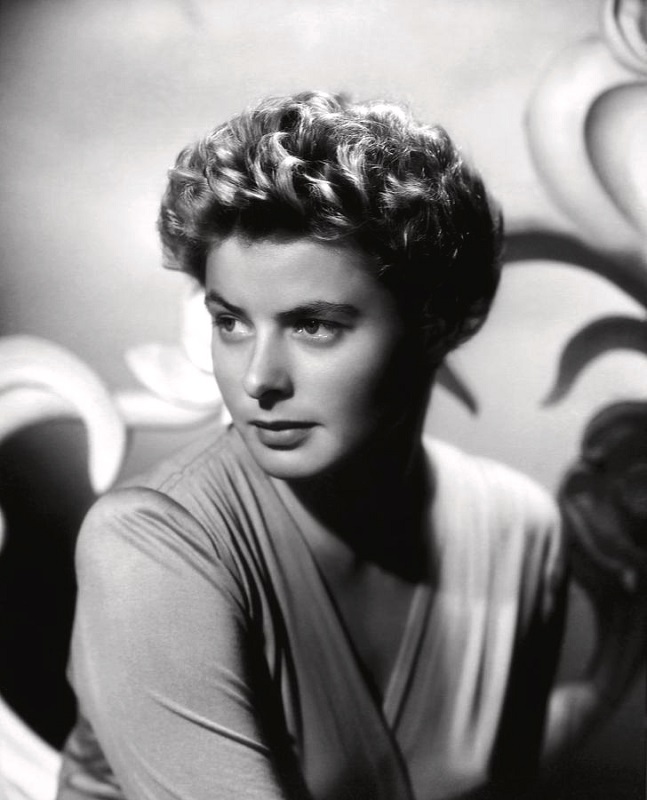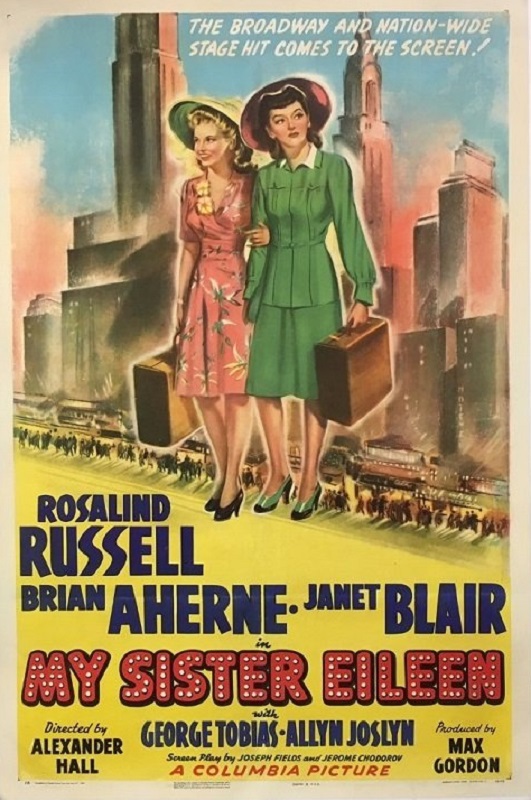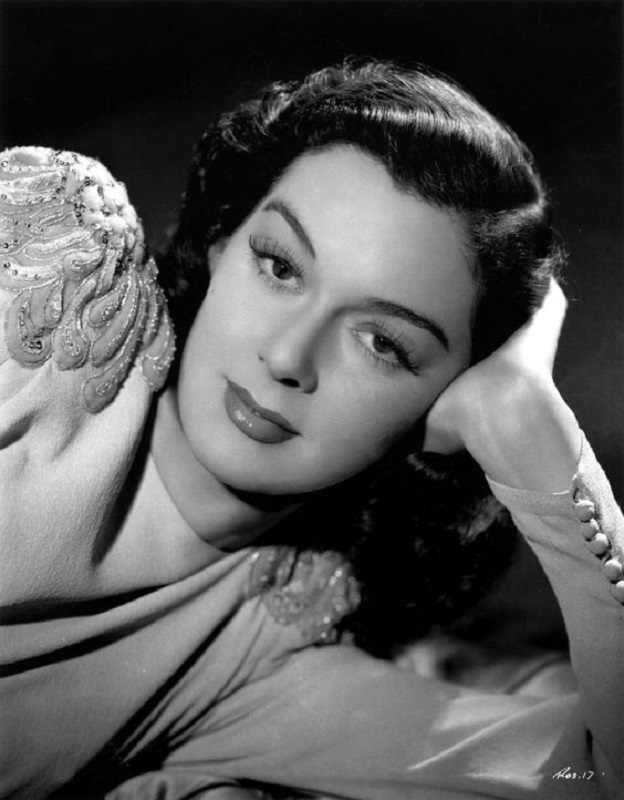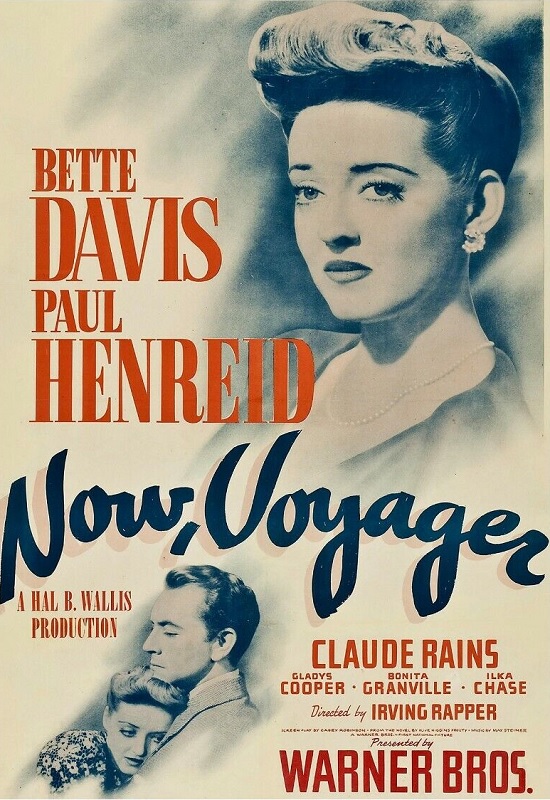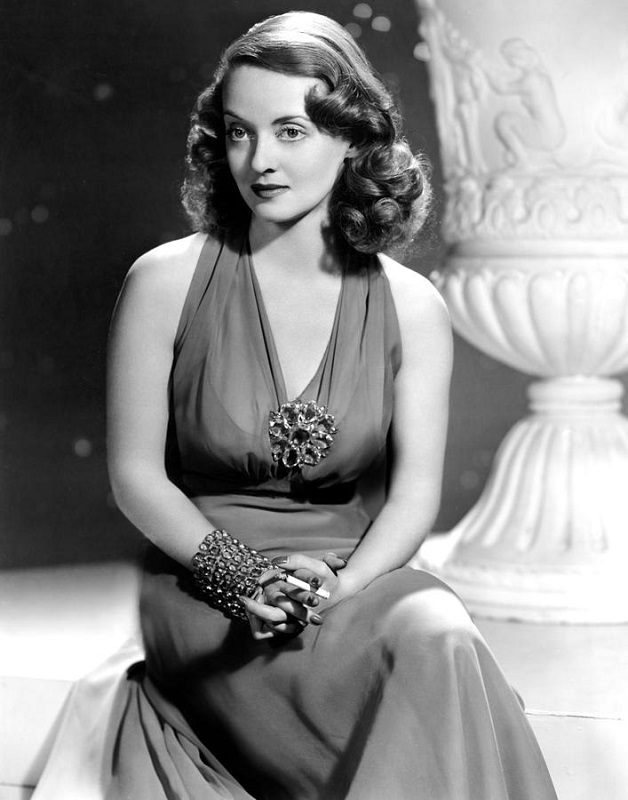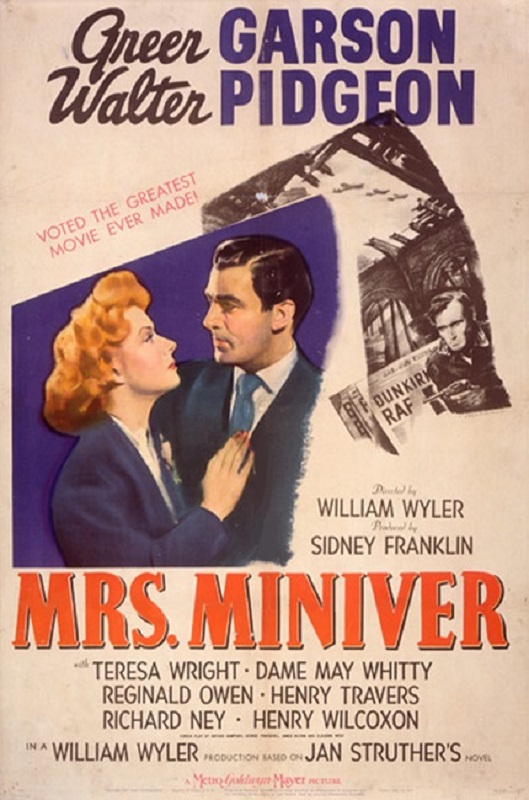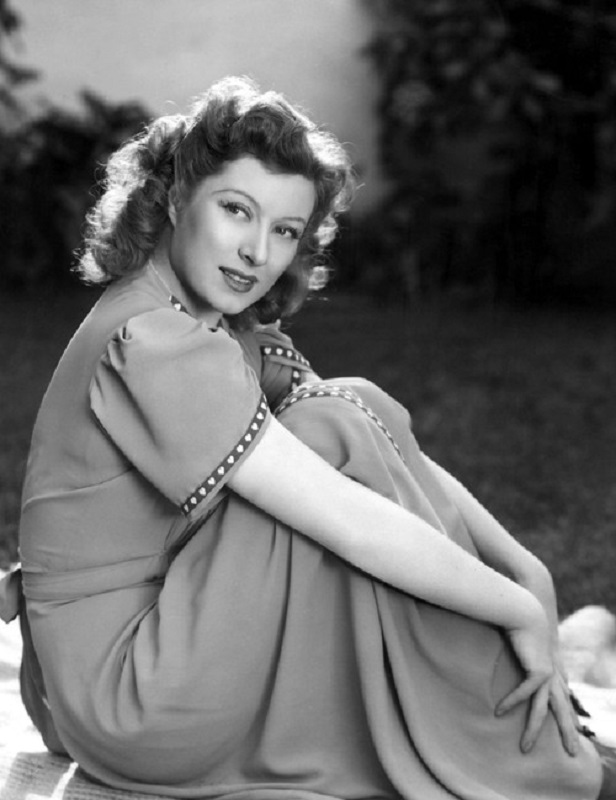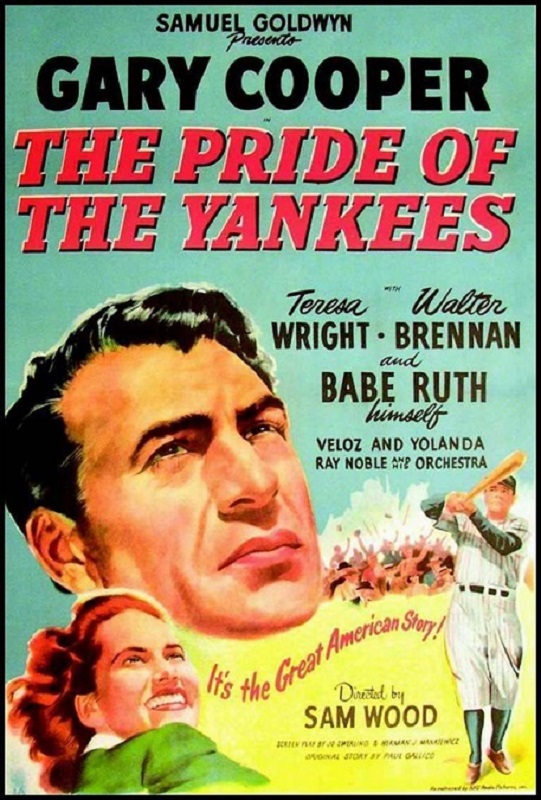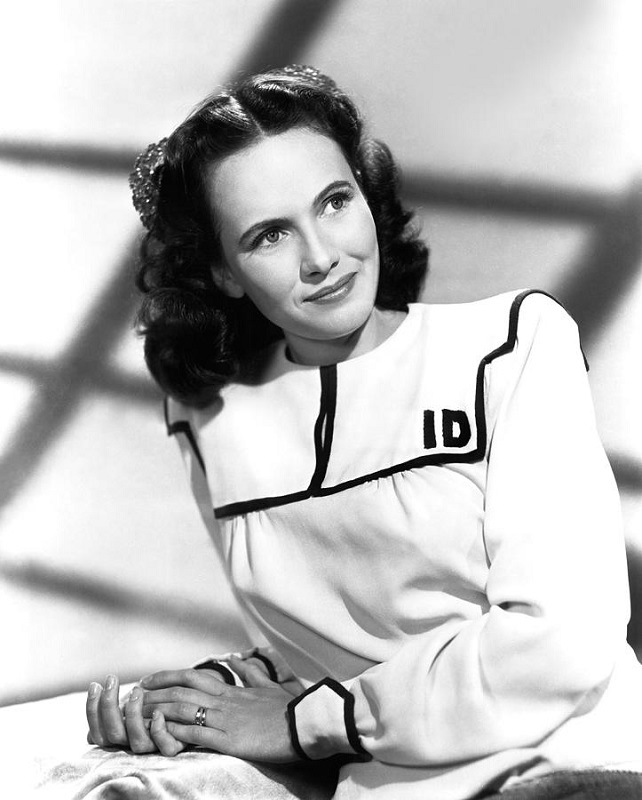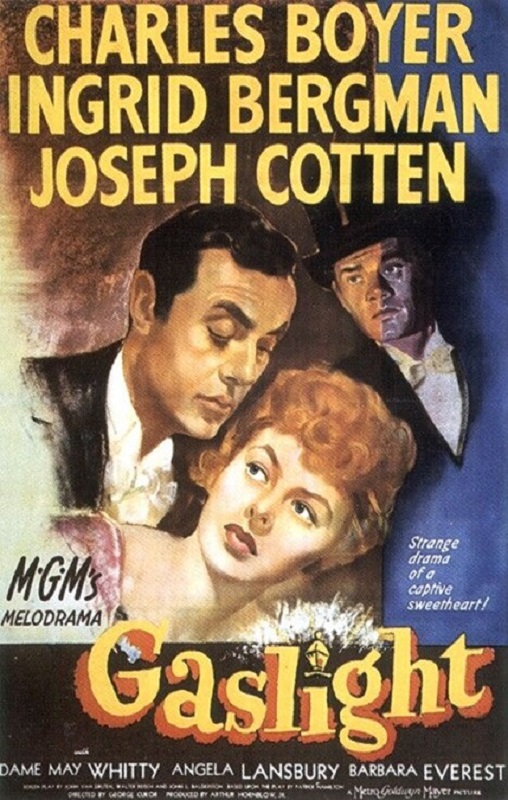
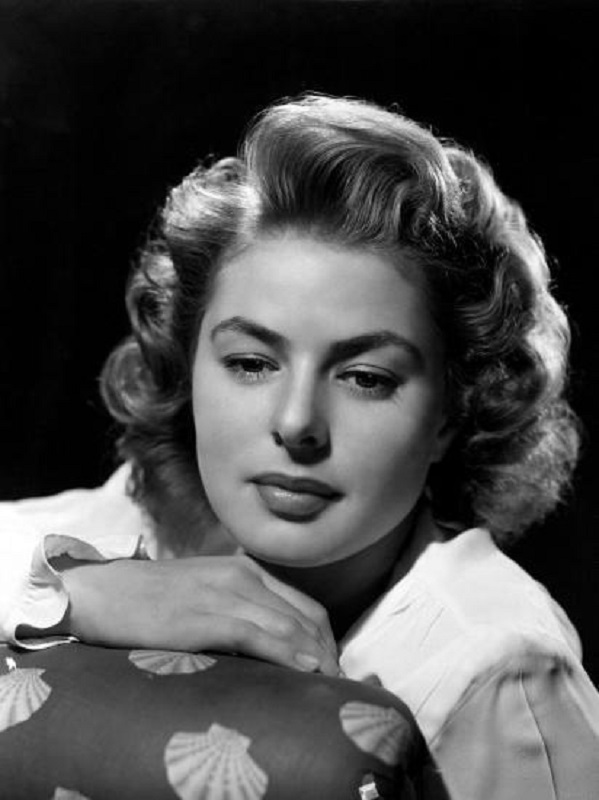

1944 – Ingrid Bergman
Gaslight
Ingrid Bergman was clearly an incredibly popular actress. She seemed to be nominated for something new every year. The Swedish actress was gorgeous, and had a slight European accent, giving her an exotic air. And she could act. But more than that, the role she got to play in Gaslight gave her a chance to play some fine drama, some intrigue, and a little madness. It is no wonder she won the Best Actress award. She deserved it.
In Gaslight, she played the part of Paula, a woman whose mother was murdered by a man who was after her jewels, which had been hidden somewhere in the attic of her London house. After the murder, Paula goes to France to be away from the home with the haunted past. She meets a charming man who sweeps her off her feet and marries her. He insists that they move back to the house in London, where he slowly and methodically drives her insane. It starts almost imperceptibly with little chastisements about her being uncomfortable in the house in which her mother was murdered, but it escalates into deceptions about her losing things or forgetting things. And why? Because apparently, her new husband is the same man who murdered her mother, and his intention in marrying her was only to get another chance to find the jewels.
I certainly hope they filmed the movie in sequence, because she had to be very particular about how she performed each scene. As her husband, played by Charles Boyer, starts to make her think she is a forgetful person, tells her that she does things that she cannot remember doing, or says things that she does remember, actually never happened, she slowly starts to lose her grip on what is real and what is not. She starts to believe the lies he is constantly telling her. Bergman had to know where the story was. You can see the steady progression of her descent into madness so that by the end of the movie, when the truth is revealed, her relief is palpable, and she made us all feel that relief with her.
She played it perfectly, never going over the top, but never denying what was being done to her by being too subtle. Except in that last scene, where Boyer is tied in a chair and all his secrets are revealed. Here, she goes a little over the top, but I think the script demanded it. She basically tells him that if she was truly sane, she might have forgiven him and set him free, but because he had driven her mad, she was glad that he was going to pay for his crimes, not only against herself, but against her mother, as well. She was incredible. She really let loose, and you could see a different kind of madness in her eyes, one that really spoke of sanity. That must have been a challenging scene for the actress, but she handled it beautifully.






